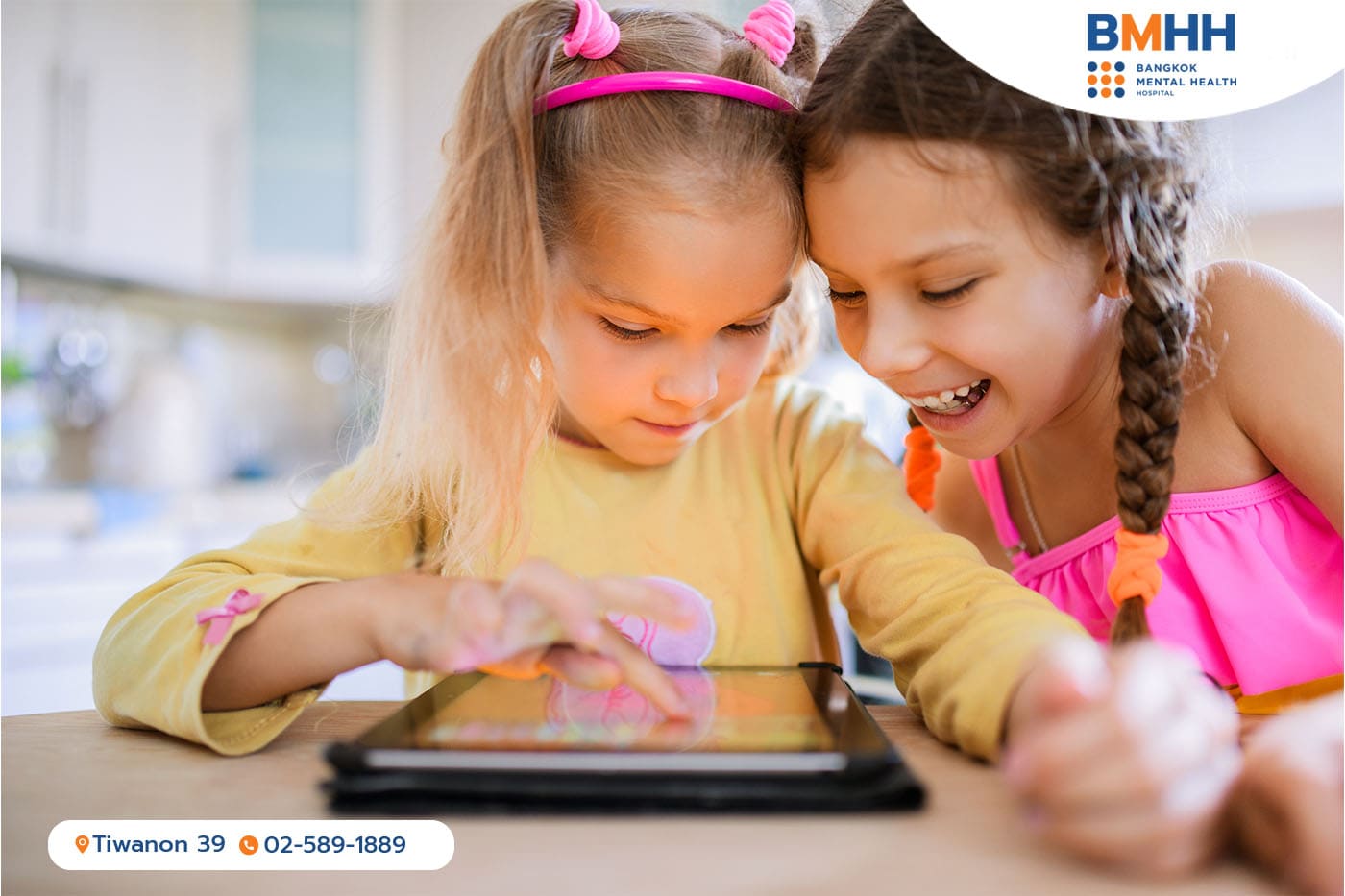
With the myriad responsibilities facing today’s parents, finding quality time to spend with their children can be challenging. Simultaneously, technology and online media are increasingly becoming integral parts of children’s lives. To proactively address potential issues in the future, it is essential for parents to foster responsibility and discipline in their children’s screen usage. Establishing mutual agreements allows children to actively participate in decision-making, fostering a positive atmosphere and minimising conflicts.
6 strategies to reduce screen time and promote efficient use of time
- Establish Discipline and Rules: Set appropriate time limits for digital media usage based on the child’s age. oImplement rules and timeframes, such as restricting phone or computer use an hour before bedtime or during meals. Emphasise the “responsibilities first” principle to teach age-appropriate responsibilities and ensure that screen time doesn’t interfere with primary tasks. For younger children, limit screen time to 15-30 minutes per session, with a cumulative time not exceeding 1-2 hours per day
- Create Engaging Activities: Develop interesting and challenging non-screen activities, such as practical exercises, age-appropriate learning experiences, scheduled sports activities, reading, or artistic endeavors.
- Be a Positive Role Model: Recognise the profound impact of modelling behaviour on a child’s learning experience. Set a positive example by managing your own screen time effectively, emphasising balance and responsible usage.
- Choose Value-Added Media: Select media with educational value appropriate for the child’s age group. Alternate between informative content and entertainment, allowing children some freedom within defined boundaries. Ensure the chosen content is suitable, avoiding inappropriate material.
- Participate in Mutual Activities: Engage in activities that your child enjoys whenever possible. Play multiplayer games, board games, exercise together, or cook as a family to create a welcoming environment and share safe spaces. Build good relationships and encourage quality time spent together at home.
- Allocate Time for Yourself: Recognize the importance of allocating time for personal activities as a parent. Manage various tasks and create personal space for relaxation to reduce stress, contributing to a healthier parent-child relationship.
Understand that personal happiness and relaxation positively impact children.
Establishing warmth within the family acts as a vital shield against developmental and learning issues for children. Balancing screen time is not a simple task, but it is not impossible. The bottom line is, attitudes, self-discipline, and a long-term perspective are key to effectively managing screen time.
Related Articles

Histrionic Personality Disorder
Individuals with Histrionic personality disorder (HPD) often exhibit dramatic and highly emotional behaviors, as their self-worth is largely dependent on the approval and validation of others. Although the theatrical nature of HPD can sometimes appear charming, it often masks a distorted self-image and can lead to significant difficulties in personal relationships and daily life. It’s one of […]

Schizoid Personality Disorder
Schizoid personality disorder is a mental health condition characterized by a persistent pattern of detachment from social relationships and a limited range of emotional expression. Individuals with this disorder often appear distant, aloof, and may have little desire for close friendships or romantic connections. Unlike some other mental health conditions, a person with schizoid personality […]

Bulimia Nervosa
Bulimia nervosa is a serious eating disorder and it can become life-threatening if left untreated. People with bulimia often have a distorted view of their body and an intense fear of gaining weight. This can lead to a cycle of binge eating and compensatory behaviors, such as self-induced vomiting or excessive exercise, in an attempt to control […]
Talk to Doctor
Call Us
Line BMHH